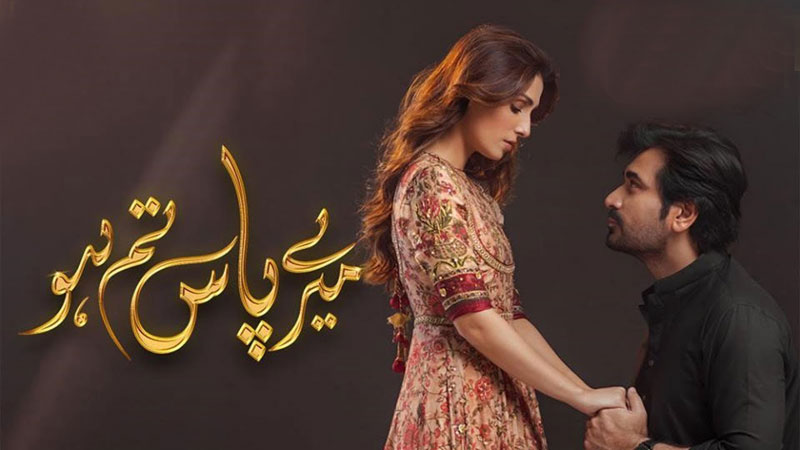The lost charisma of Pakistani drama
Pakistani writers, playwrights and intellects are known globally for their insights into the social norms and how well-articulated were the scripts of the drama serials they wrote that aired from the 1970s to 1990s. These were aired on Pakistan Television Network and on private channels. This, however, happened before we saw a mushroom growth of television channels that reduced the impact of these dramas.


Today, dramatists are not writing drama anymore. It is more of a representation of a mediocre life. The characters too are not memorable obviously because a plethora of actors are performing various roles in different dramas. When each television channel is airing multiple dramas throughout the week the viewers’ will get burnout when remembering which actor is playing what character in which drama aired on a specific television channel.
Gone are the days when the dramas of Pakistan reflected the social issues. They portrayed the stories we, the viewers, were either living or knew someone from our society was going through. They showed purity in the dramatists’ dialogues, honesty in the character’s portrayal and simplicity in how the scenes were played out. There was no gaudiness in how a character moved, no flamboyance in the homes they lived in and certainly there was no glorification of the character or exploitation of a social element. With gripping stories and simple and realistic characters, these TV plays were the epitome of our once flourishing television industry. The streets would become deserted when these were on air. The leading plays of those days are still alive in our hearts such as Hawa Ki Beti, Tanhaiyaan, Sona Chandi, Andhera Ujala, Chand Grahan, Nangay Paoun, Dhuan, Kasak, Dasht, Sitara aur Mehrunnisa and the weekly Teletheater. And how can one forget Shoaib Mansoor’s Alpha Bravo Charlie. There was Ainak Wala Jin that became every child’s favorite show.
Those who were in their teens or above when these dramas were aired would remember the kind of stories they presented
Those who were in their teens or above when these dramas were aired would remember the kind of stories they presented. They were closer to the heart. They were real. Today, unfortunately, melodramatic soap opera has taken over the dramas that mirror the opinions, emotions and thoughts of the viewers.
If the obnoxious performances and dialogue aren’t frustrating, the unending number of episodes certainly is. How can writers create a story which lasts so many months? Dragging is the answer. Pakistani TV serials used to last 13 weeks and this is all the time there was to build characters, establish the plot, reach a climax, resolve all conflicts and conclude. Now it takes a few weeks to simply establish the plot. Our TV drama industry was once populated by a versatile group of writers including Anwar Masood, Majid Islam Majid, Shoaib Mansoor, Bano Qudsia, Fatima Surraiya Bajjiya, Hasina Moin, Ashfaque Ahmed and many more. Today, the industry has been taken over by people who have changed the Pakistani TV drama into horrendous melodramas. TV comedy in those days was equally entertaining. Shows such as Kaliyan, Guest House, Studio Dhai and Fifty Fifty were the highlights in the genre. Late Jamshed Ansari also illuminated our evenings with his priceless ‘Chakku hai meray paas’, not to forget Alif Noon, Taalem-e-Balghan, Akkar Bakkar and others. All these comedy shows were excellently executed and really adored by audiences. Sadly, today’s comedy shows are non-existent and those that do air require an effort by the viewers to laugh on their content.
The new era of modern dramatists has taken away the essence on which our literary figures had created Pakistan’s drama industry decades ago. There was a charm in how Urdu was used throughout the script. There was an elusive reverence in the actors’ voice and tone as they delivered each dialogue. And there was a depiction of the Pakistani culture and tradition. Today, that honesty and simplicity are lost. Anwar Maqsood was so right when he said that literary greats took drama with them when they passed away.
The writer is an independent researcher, author and columnist
Leave a Comment